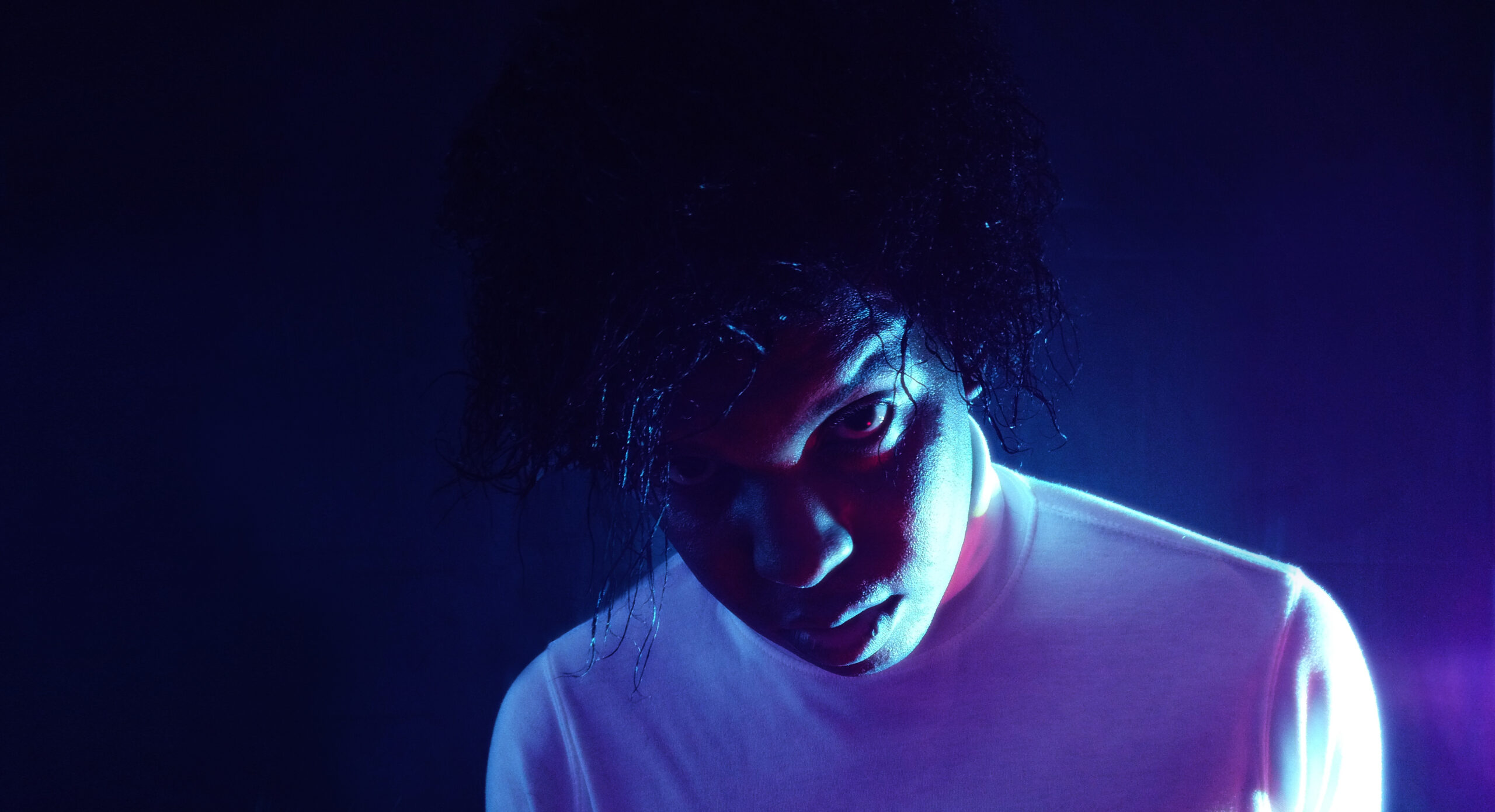
I was born in Detroit in the 1980s, and it was a wild place back then. My mom worked for Michigan Bell, like “Ma bell, got the ill communications” (Beastie Boys “Get It Together” ft. Q-Tip from Ill Communication). My parents got me out of there when I was young, and we moved to Pennsylvania where she worked for PA Bell. Eventually, we settled in Louisville, Kentucky. The public school system there was designed to equalize access to education regardless of socio-economic status. My mom worked for the Board of Education in Louisville for as long as I can remember. At one point she was secretary to the Superintendent. I still call Louisville “home.”
I moved to New York City 14 years ago to be a full-time musician. When I got here, I saw the disparity in education based on what neighborhood you lived in. It was very different from the education platform in Louisville. There is a sense that NYC is an open-minded utopian liberal oasis, but this isn’t the case when it comes to schooling and housing. The kids in one neighborhood get one kind of education, and the kids a few blocks away get another.
My father was a Special Education teacher, and, back in Louisville, I continued that tradition as a counselor who worked with autistic children. This was always a passion, and as a busy NYC musician and DJ, I found I missed the fulfillment of giving back through working with kids. I recently started working as a teaching artist with young people and adults with the non-profit Creative Muse. We work primarily with people of color, immigrant communities, and low-income families. We share creative and emotional skills that help them become change-makers in their lives and in the world. And now, with the help of a new grant we received, we’re able to really expand arts programming in the East Village this fall. We’re producing artist residencies at a Cornerstone center run by University Settlement at Campos Plaza. We’re providing the community with more opportunities to be creative and build their skills in beat-making, DJing, theater, music, and more.
I strongly identify with these communities—they remind me of my upbringing in Detroit. Not every kid needs to be a musician or an artist, but giving them access and exposure to creativity can be transformative. I always think about growing up in music and what a safe space it was for me. I come from the hardcore and punk underground scene. The first show I ever saw was the straight edge hardcore band, Earth Crisis. This music wasn’t what my cousins listened to or what other kids of color gravitated to, but I loved it. I was usually the only Black kid in the mosh pit. I feel this gave me a different perspective on many things. Such as mental adaptation tools that I still use today.
Kids have so many emotions all the time—there are so many ups and downs while growing up. Being mindful of their mental health is important. Music and the arts can reach people in a way that other things can’t. Once you’re exposed to the arts, you have this invisible cloak of safety where you can listen to a song, and, for those fleeting moments, forget about what is happening in the surrounding world.
A few weeks back, Creative Muse sponsored a family day block party at the Campos Plaza housing development. While I was there, I was looking at the parents and grandparents and imagining them as kids in the 1960s, 1970s, and 1980s, when the East Village in New York City was a beacon of art. Like a movie retrospective in my mind, one older guy time-traveled back to being a breakdancing kid, and I imagined this Grandma as a young woman dancing and doing double Dutch.
Then, I looked at the kids and wondered: “Which one will be the next Jean-Michel Basquiat or Debbie Harry?”
Prince Terrence is an NYC based DJ/ Musician, who is currently working with the non-profit Creative Muse to expand arts-integrated programming on Manhattan’s Lower East Side. For more information creativemuse.org.
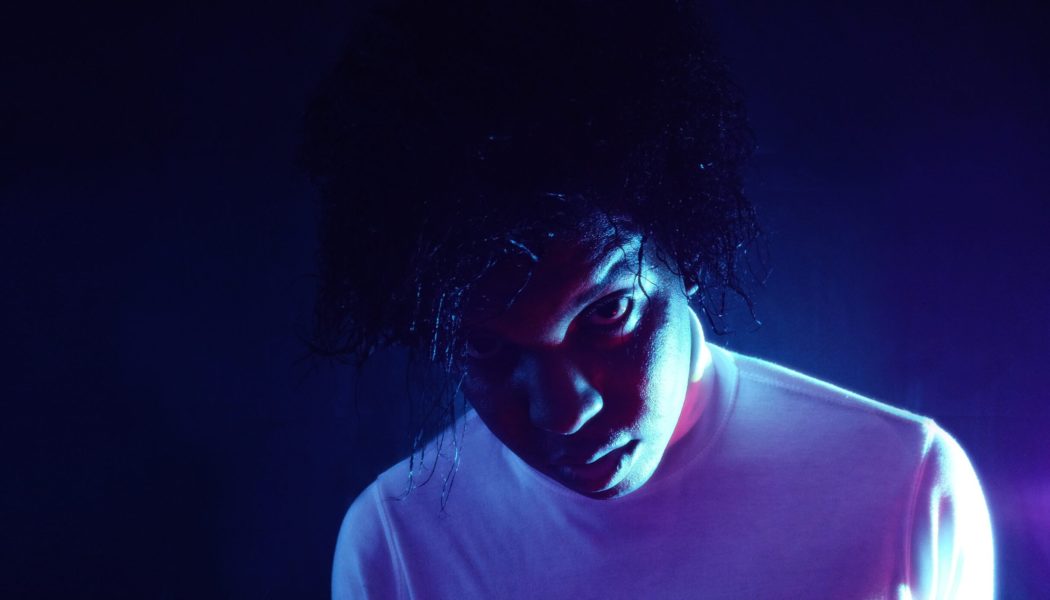

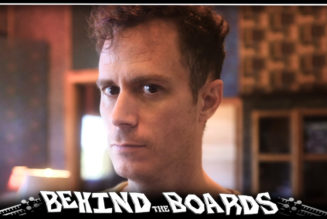
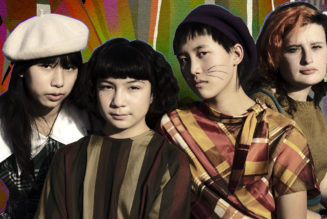


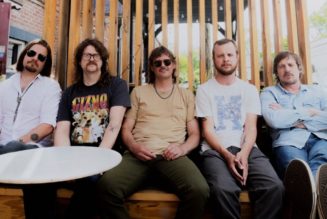
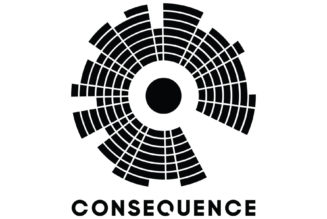
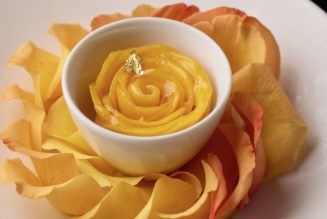
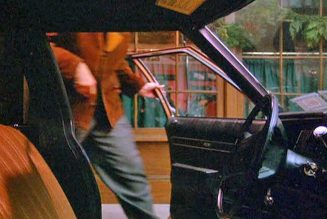
Tagged: FEATURES